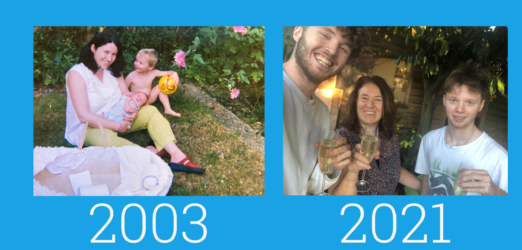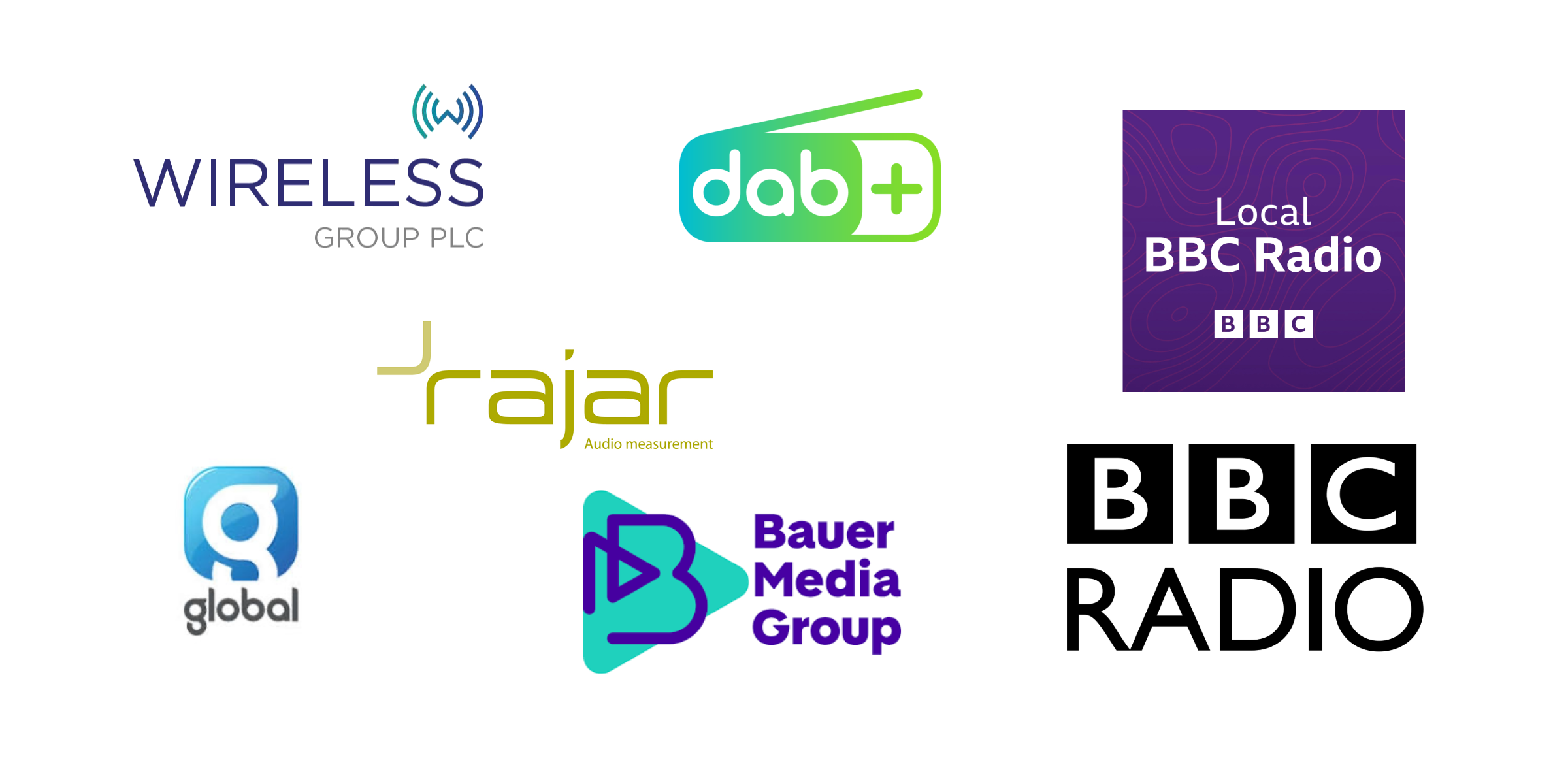I don’t know what I was thinking. I had a good job, a toddler and a baby. But it was at that point my business partner and I decided we would throw caution to the wind and set up our own specialist broadcast PR agency. This month we celebrate our company’s 18th birthday. There’s nothing like a significant anniversary to set the mind in reflection mode, particularly what do I know now that I would have liked my younger self to have been aware of.
Broadcast PR is not easy
Journalism isn’t easy either, and I had a long career in television and radio news before moving into PR. I sometimes think, however, that journalism is a more straight forward profession. Bad news, hard facts, blunt opinion – no matter how hard it is to hear, journalists will tell you to your face. There’s no second guessing and definitely no ghosting because some one is too scared or embarrassed to say what needs saying. Let’s just say it took a little while for us both to adapt to the more subtle ways of PR.
In journalism you get some tricky customers. People who don’t want to be interviewed, for example. Or, when they agree to talk they just won’t answer the questions how you’d hoped. Or you have a programme editor demanding the impossible. PR however has even more stakeholders to please and they don’t always share the same agenda.
Focusing solely on securing on-air coverage for radio and television, we are at the coal face. Turning down an interview because it was too early/late for the CEO, or not being able to get back to a time-pushed journalist because everyone was in yet another meeting was initially beyond our comprehension.
It’s often about money
As a journalist I ended up in the BBC’s Business Unit, as a Senior Broadcast Journalist, but that was no foundation for running a business! Unless you were in newsroom management you did not, as a reporter or producer, get involved in money. So juggling rent, rates, insurance, pay roll, office costs, invoices, profit and loss sheets and so much more was a fundamental that needed to be quickly grasped. Typical of many a small business owner, you soon get side tracked from your love of doing the actual work, to enabling others to do it.
Getting the right people on the bus
When you’re the bus driver you want the best passengers – the ones who are not going to get motion sickness at the first tricky corner, who won’t jump off a moving vehicle and have a final destination in mind. Just like children, every employee we’ve taken on board has been wanted. And, like parents, as an employer you want them to be happy, fulfilled and progress in what they’re doing, at the same time as helping you meet your business objectives. Sometimes though there’s a clash!
People don’t always behave like you want them to, or how you’d behave yourself. My business partner and I have a work-hard, play-hard attitude and wouldn’t ask anyone to do something we’re not prepared or don’t do ourselves. Yep, I’ve on occasion cleaned the office toilets. I suppose the point is that a team of people need to embrace the same culture. A can-do attitude and a willingness to say yes are values we appreciate and when the stars align that’s when you have the right people on the bus.
Scarred forever in my mind though, is the man we employed who lied about everything. To begin with we thought it was terrible bad luck. His child nearly died from meningitis; his father was diagnosed with terminal cancer; then the employee himself discovered he had a dodgy ticker. When his father died we couldn’t believe it. Actually we really couldn’t and didn’t believe it. A quick investigation proved a nose for a story and our gut feeling was right – said father was alive and kicking.
Lucky for us he was the exception rather than the rule, or maybe we’ve learned to recruit better. Today our team is solid, reliable, enthusiastic and always goes the extra mile. We couldn’t ask for more.
Honesty is the best policy
Obviously the client is always right. Except sometimes they’re not. We’ve lost business because we’ve put on our journalist hats and pointed out flaws in a story, or sometimes refused to over promise results. The funny thing is though that the clients who’ve gone to competitors promising the world are the ones most likely to come back when they don’t deliver. The good news is that having pointed out any weaknesses we’re always keen to tell you how to make a story more broadcast friendly – it can be a tweak of a top line, a different spokesperson or just spinning a story with a broadcaster’s perspective.
The best bit is that, arguably, the most valuable thing we offer – our consultancy – is generally free. Based on more years collective experience than any of us care to admit, we know our industry inside out. Who we know and what we know about broadcast PR is the foundation of our business and has steered us well these last 18 years. Here’s to the future.
For more about our broadcast PR services, including media relations, video and podcast production and media training click here.



